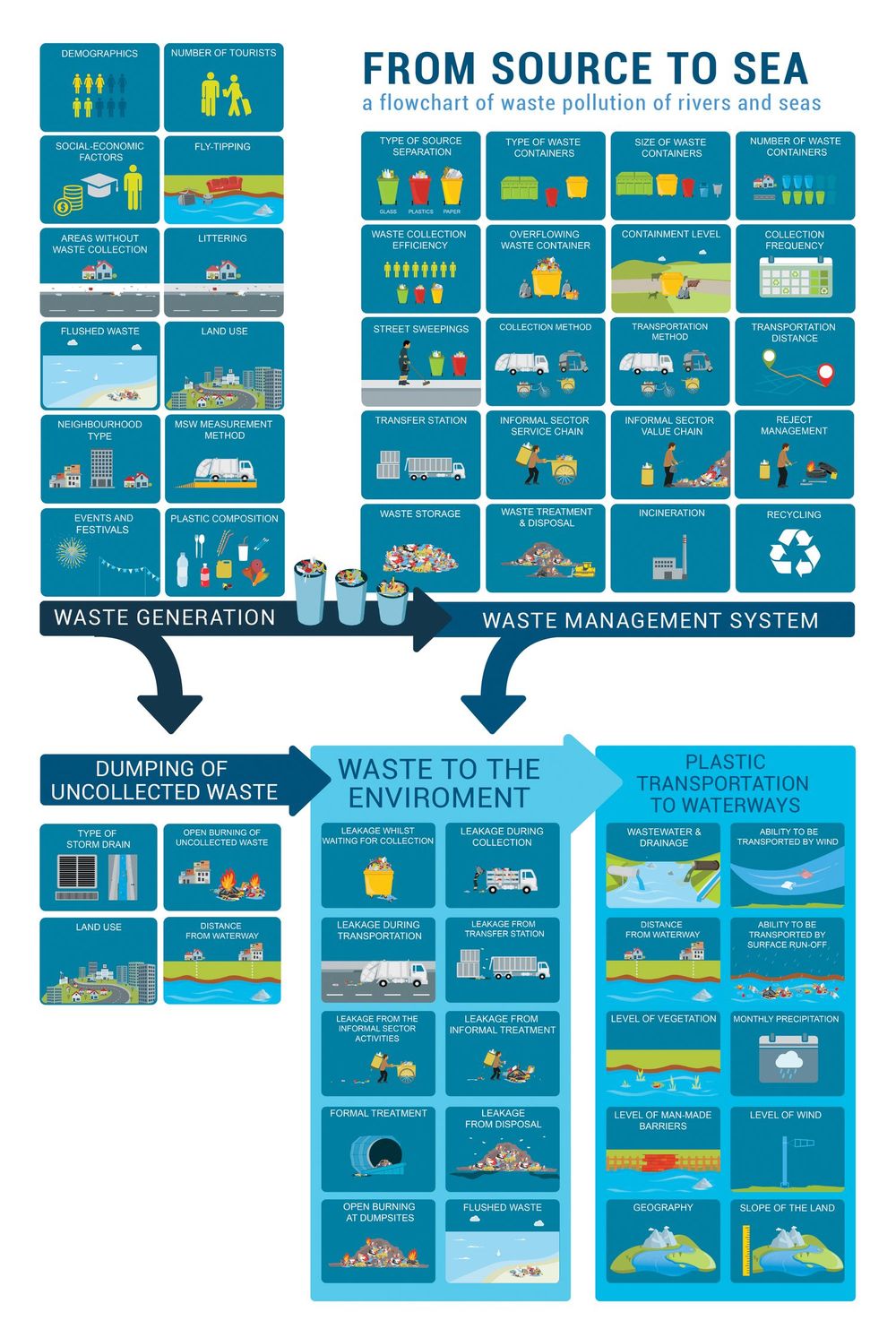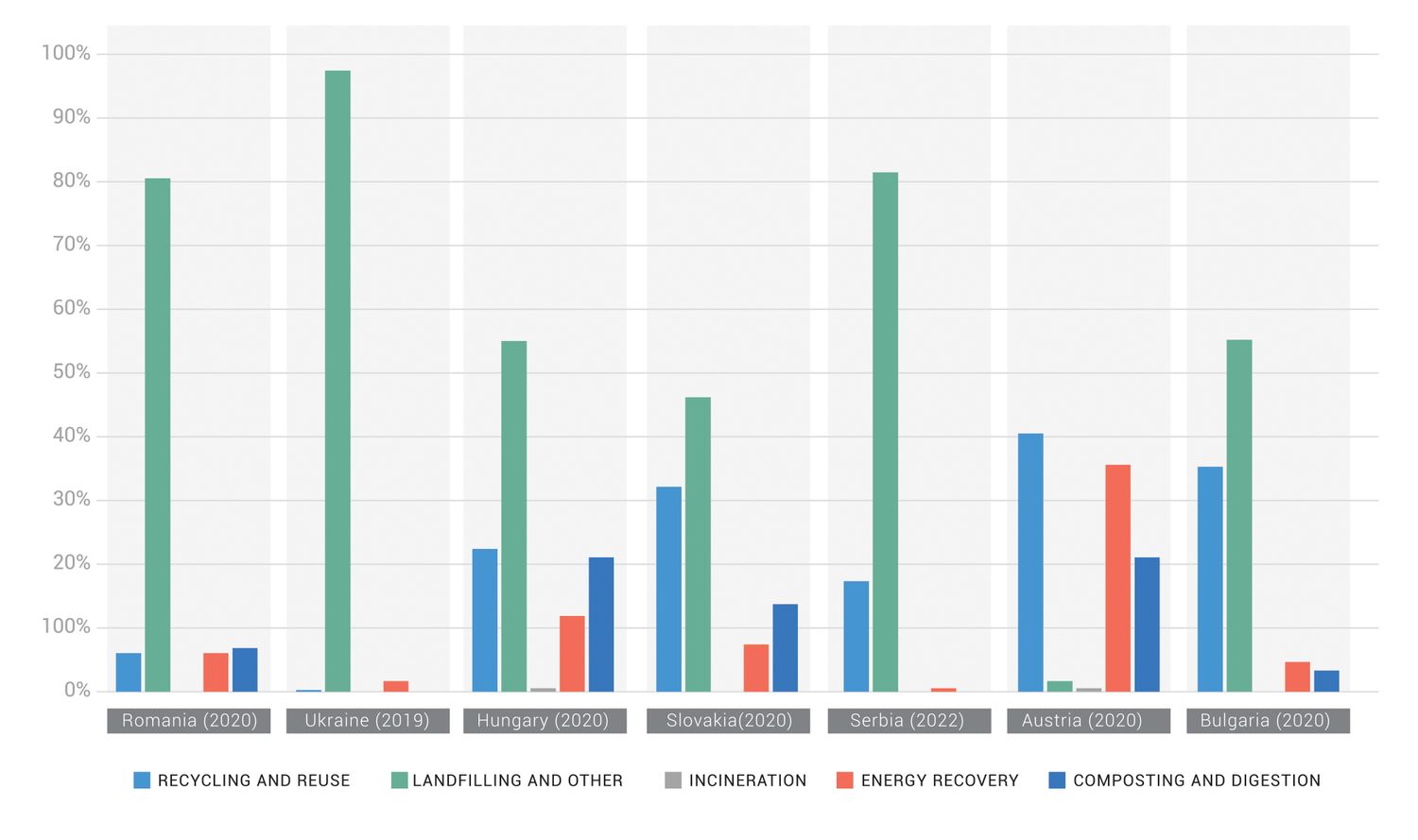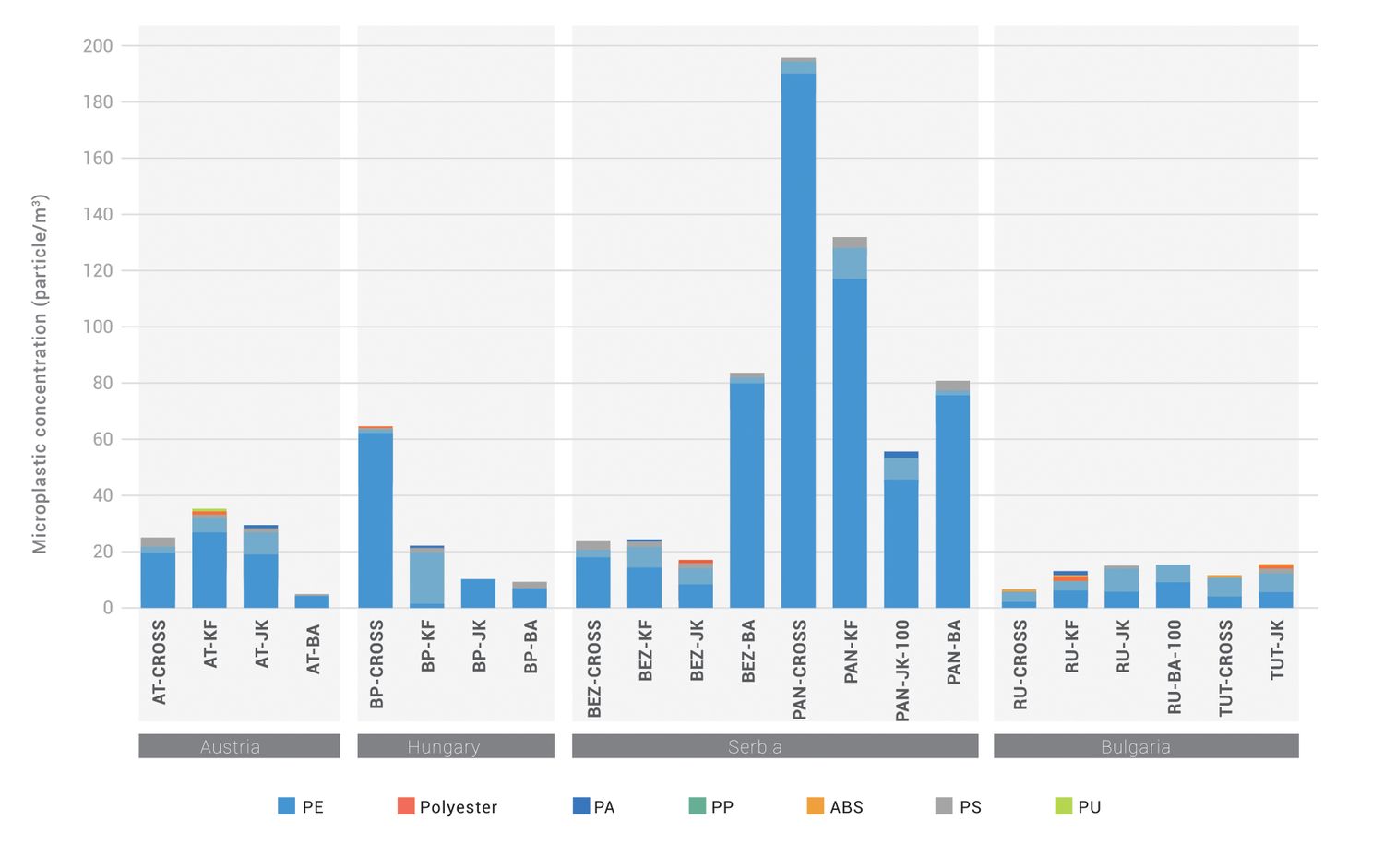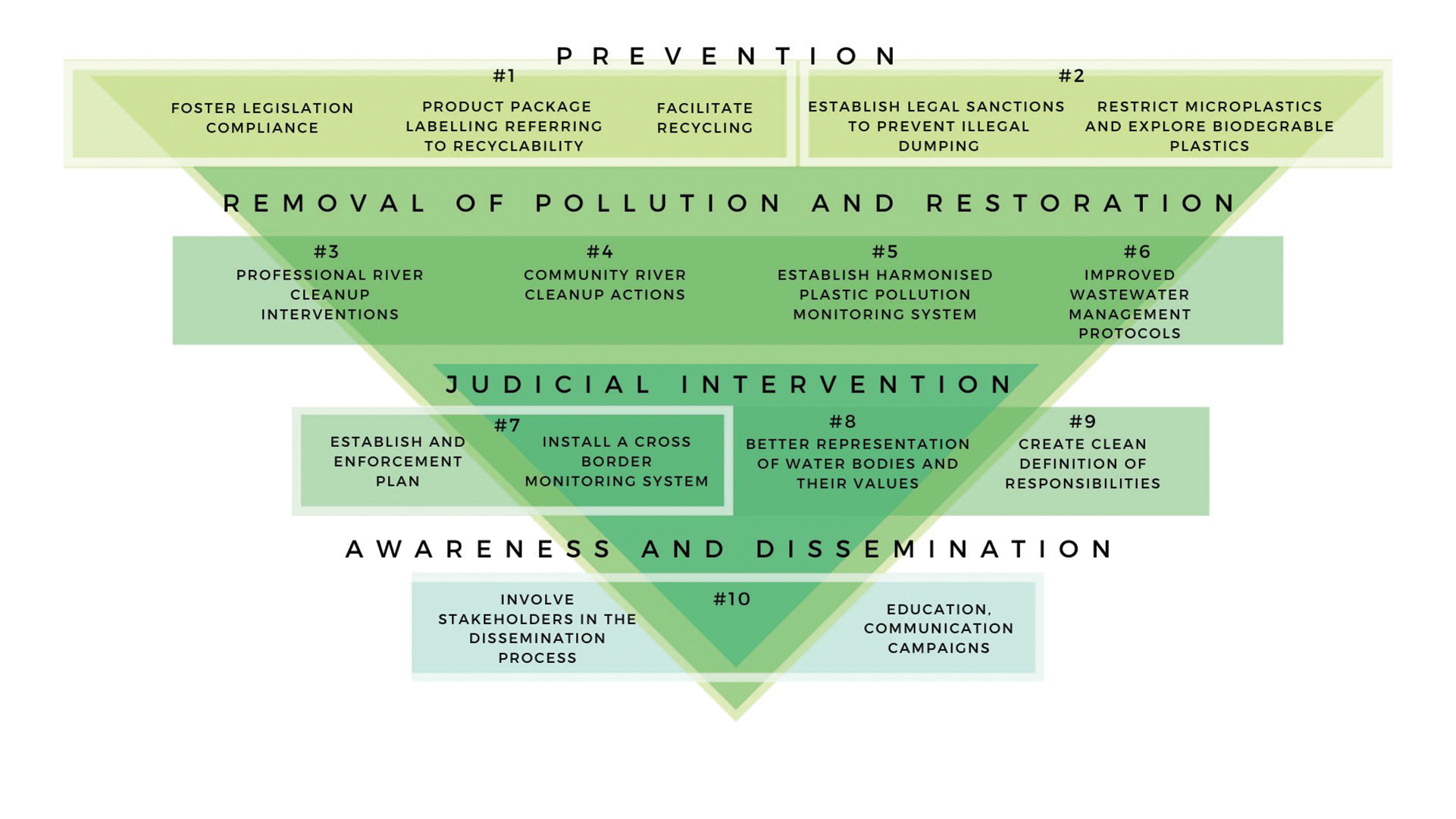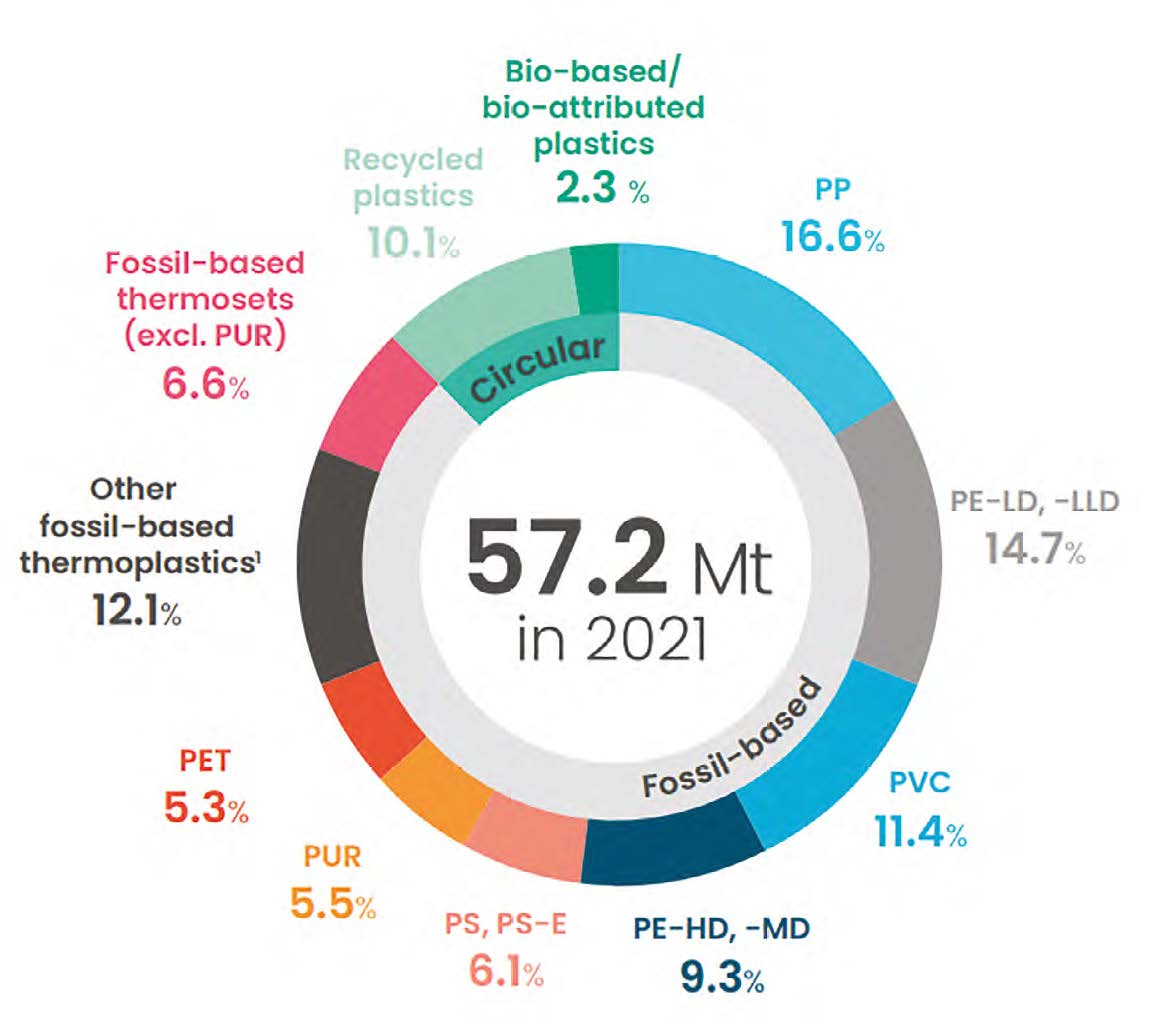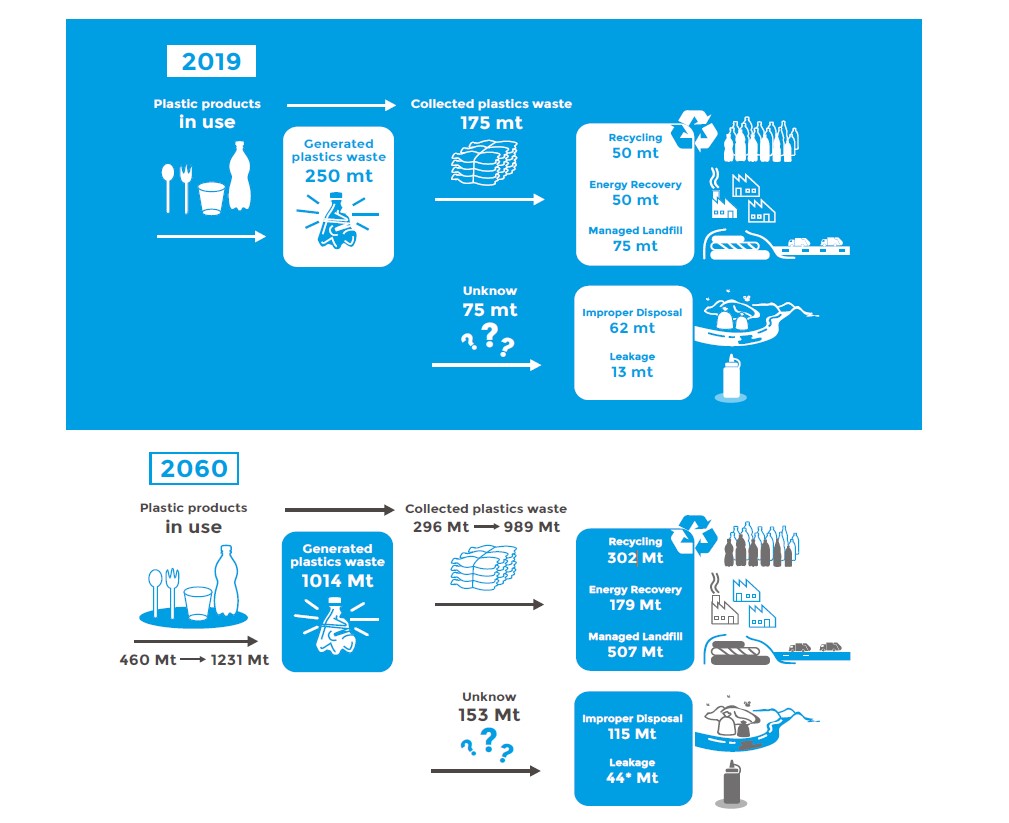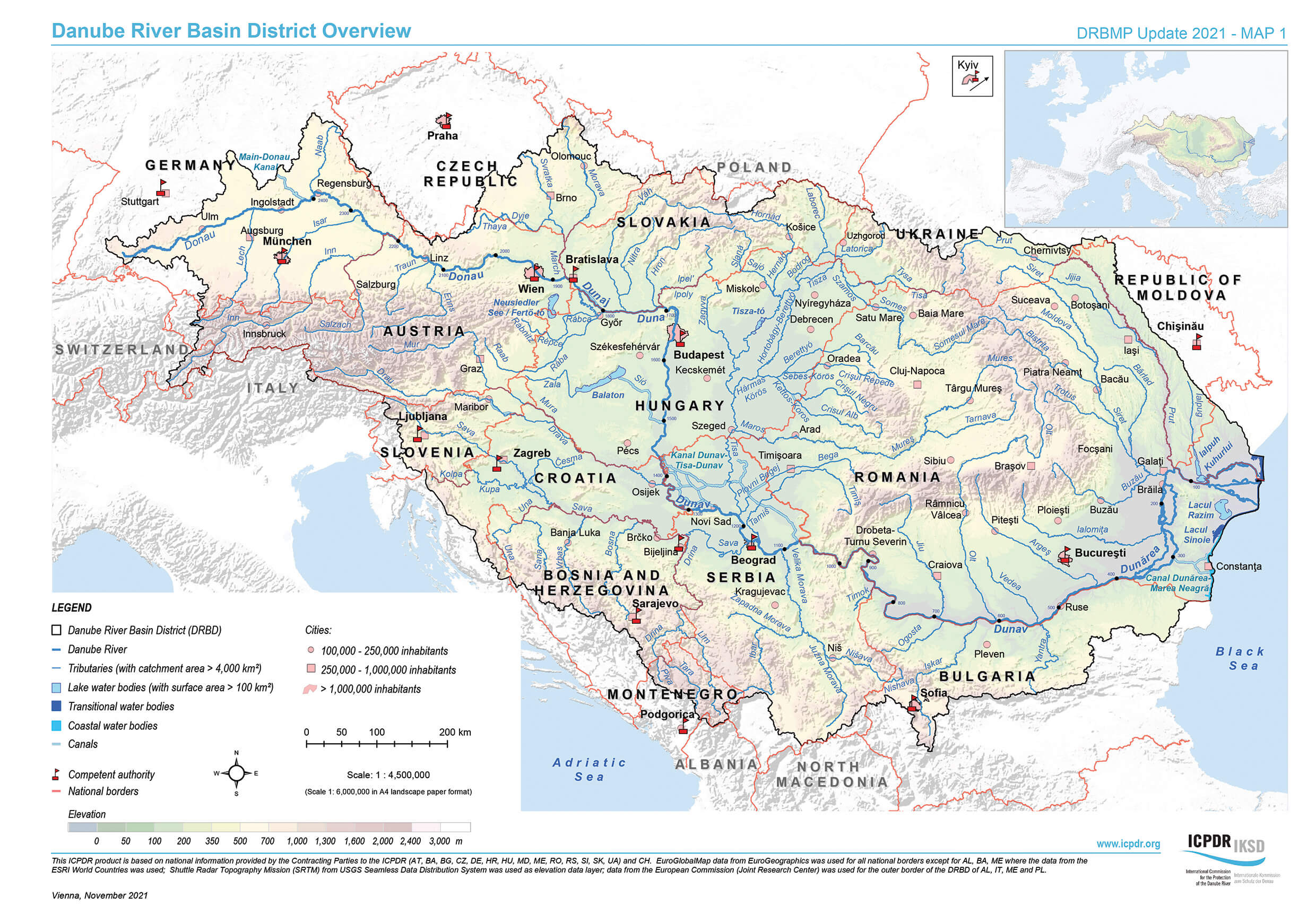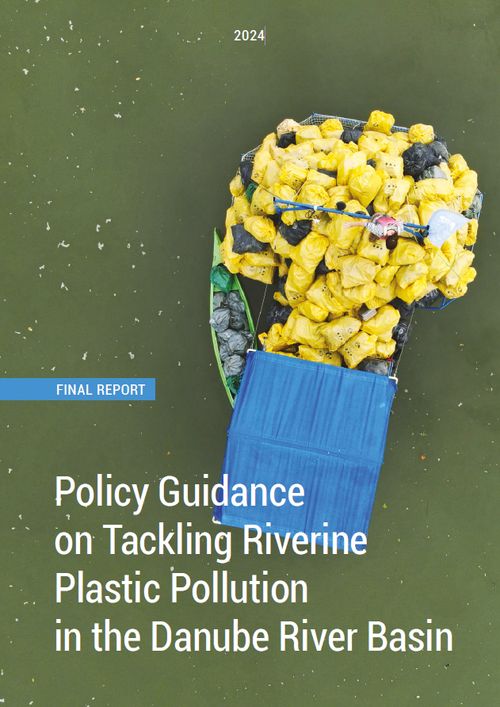
This gap-filling document provided a comprehensive overview of the relevant sector-specific legislation, described the institutional structure of each country and the mechanisms related to pollution.
Based on this, the recently published policy guide was compiled, the importance of which was noticed by the International Commission for the Protection of the Danube River (ICPDR) and participated in its development as a co-author. The authors presented the material at numerous international conferences, including meetings of the ICPDR working group, the Carpathian Cause Convention conference, the International Solid Waste Association (ISWA) congress, the UN Environment Program conference (UNEP) and the UN in professional, preparatory webinars related to the global plastic convention.
The objective of the study is to provide citizens, researchers, and decision-makers with recommendations for universally applicable best practices grounded in proven methodologies. These practices can be applied to address pollution in other rivers, contributing to the preservation of diverse river ecosystems worldwide.
The policy paper offers guidance in the following areas:
>> Provides recommendations for essential regulatory measures to establish effective waste management systems and combat illegal waste disposal, including the review of existing waste management facilities.
>> Proposes financial and planning instruments to bolster these measures, such as environmental protection guarantees.
>> Highlights key strategic interventions aligned with the waste hierarchy, prioritizing waste management options based on environmental benefits.
>> Stresses the critical importance of closely coordinating effective monitoring of plastic pollution and implementing regular and comprehensive river cleaning activities.
>> Underlines the significance of education, public opinion shaping, and fostering attitude change as crucial elements for promoting more responsible and sustainable management of plastics and other waste materials.
Annexes:
Preview annexes:
